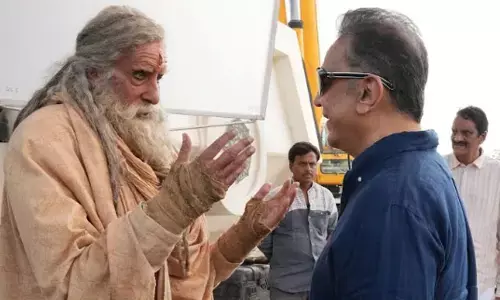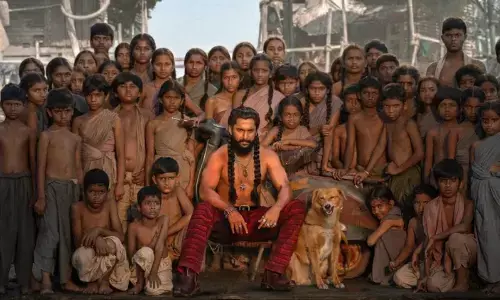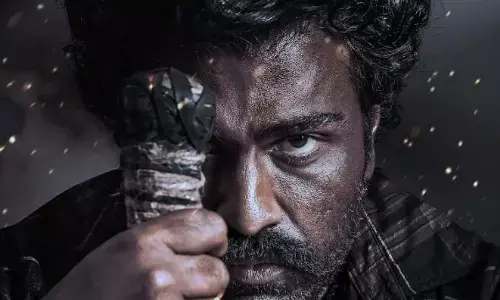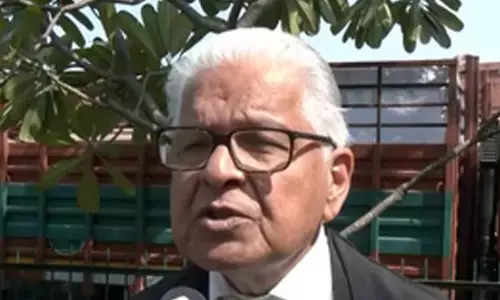An executive prerogative: Where the Supreme Court stands on UCC
Share :
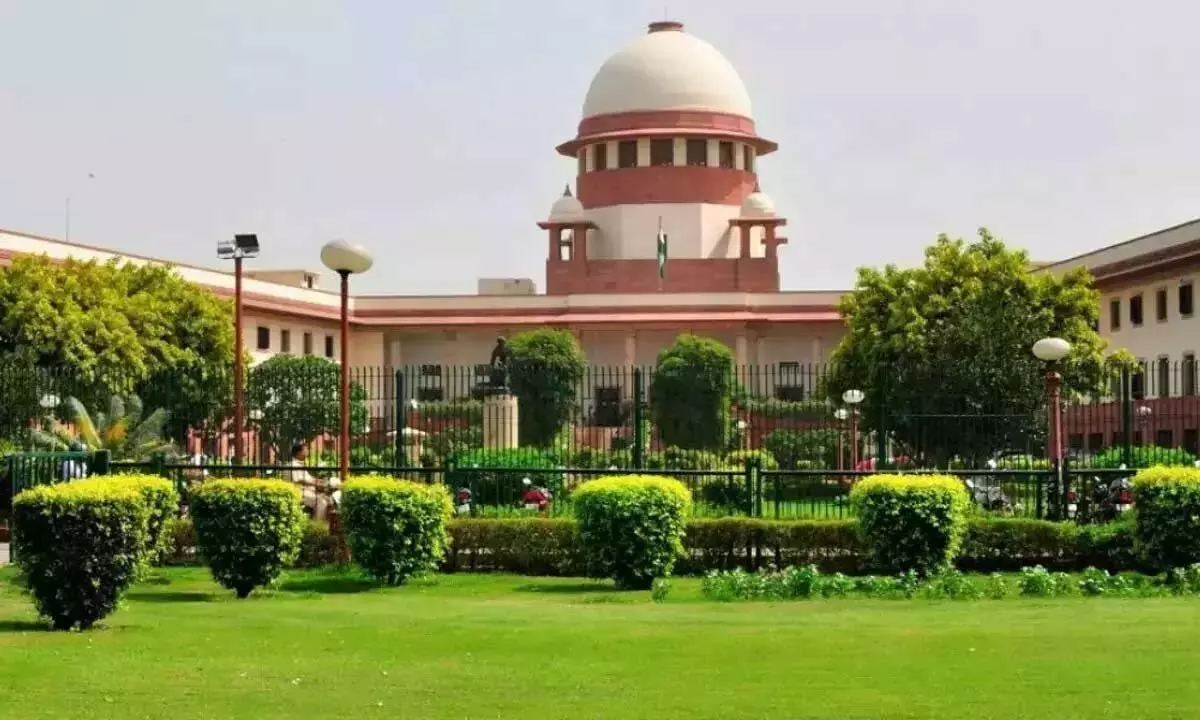 Represented Image
Represented ImageWhat is the need of ratifying a Uniform Civil Code (UCC)? One of the answers may be - to be able to create a society which is led by the values of equality, dignity, and freedom of individuals.
New Delhi: What is the need of ratifying a Uniform Civil Code (UCC)? One of the answers may be - to be able to create a society which is led by the values of equality, dignity, and freedom of individuals.
A UCC essentially means a common set of laws, which govern personal matters such as inheritance, adoption, marriage, divorce, and succession for all citizens, irrespective of religion. The critics of the current dispensation claim that the core normative issues associated with the UCC may be overshadowed by divisive rhetoric and also the government may not ensure that UCC delivers the promise of justice.
In the famous Shah Bano case of 1985, which dealt with maintenance for Muslim women, the Supreme Court called it a “matter of regret that Article 44 has remained a dead letter”. The apex court had then said that the common civil code will help the cause of national integration by removing loyalties to laws that have conflicting ideologies. Article 44 of the Constitution lays down that the state “shall endeavour to secure for the citizens a uniform civil code throughout the territory of India.”
In 1995, in the Sarla Mudgal case, which dealt with issues of bigamy and conflict between personal laws in matters of marriage, the Supreme Court highlighted the need for a UCC.
“The successive governments till date have been wholly re-miss in their duty of implementing the constitutional mandate under Article 44 of the Constitution of India," the apex court had said. "We, therefore, request the Government of India through the Prime Minister of the country to have a fresh look at Article 44 of the Constitution of India and endeavour to secure for the citizens a uniform civil code throughout the territory of India."
In September 2019, the Supreme Court -- a bench comprising Justices Deepak Gupta and Aniruddha Bose -- had said “Goa is a shining example of an Indian State which has a uniform civil code applicable to all, regardless of religion except while protecting certain limited rights.”
The top court stressed that “though Hindu laws were codified in the year 1956, there has been no attempt to frame a Uniform Civil Code applicable to all citizens of the country despite exhortations of this court in the case of Mohd. Ahmed Khan vs. Shah Bano and Sarla Mudgal & Ors. vs. Union of India & Ors”.
However, the apex court -- in its orders in the Ahmedabad Women Action Group case (1997) and the Lily Thomas case (2000) -- had clarified that no direction was issued to the government to enact the UCC in the Sarla Mudgal case.
In October 2022, the Centre had told the Supreme Court that the court cannot direct Parliament to frame or enact any law, while seeking dismissal of PILs seeking a UCC in the country.
The Centre had then pointed out that citizens belonging to different religions and denominations following different property and matrimonial laws are an affront to a nation's unity, and to have legislation or not is a policy decision and the court cannot give any direction to the executive.
In a written response before the apex court, the Law Ministry had said “It is submitted that the present writ petition is not maintainable in the eye of law since the petitioner, inter alia, is seeking direction against the Union of India to remove the anomalies in the ground of divorce and make Uniform Civil Code."
In January 2023, a bench headed by Chief Justice D.Y. Chandrachud refused to entertain a PIL questioning the validity of the decision of forming a committee by Gujarat and Uttarakhand to examine the enactment of the UCC. The bench, also comprising Justice P S Narasimha, told the petitioners' counsel that Article 162 indicates that the executive power of the states extends to what the legislature permits it to. “Constitution of the committee cannot be challenged as ultra vires," said the bench.
The top court noted that the plea filed by Anoop Baranwal and others is devoid of merit. The Chief Justice said, "What is wrong with it? They have only constituted a committee under their executive powers that Article 162 gives."
The petitioners’ counsel urged the court to entertain the petition. The bench said, “Look at entry 5 of the concurrent list….”. In March 2023, the apex court dismissed a PIL seeking the enactment of a UCC and reiterated that it falls within the exclusive purview of Parliament.
The debate surrounding the UCC continues to be a contentious one against the backdrop that most of the current personal laws may not have been enacted through a process which was representative in any meaningful sense. Those who favour the UCC often press for the need to harmonize personal laws and equal rights for all citizens, regardless of their religious affiliation.
Currently, different laws regulate divorce, marriage, adoption, inheritance, and succession for those who follow different religions and a UCC would essentially replace these inconsistent personal laws.

